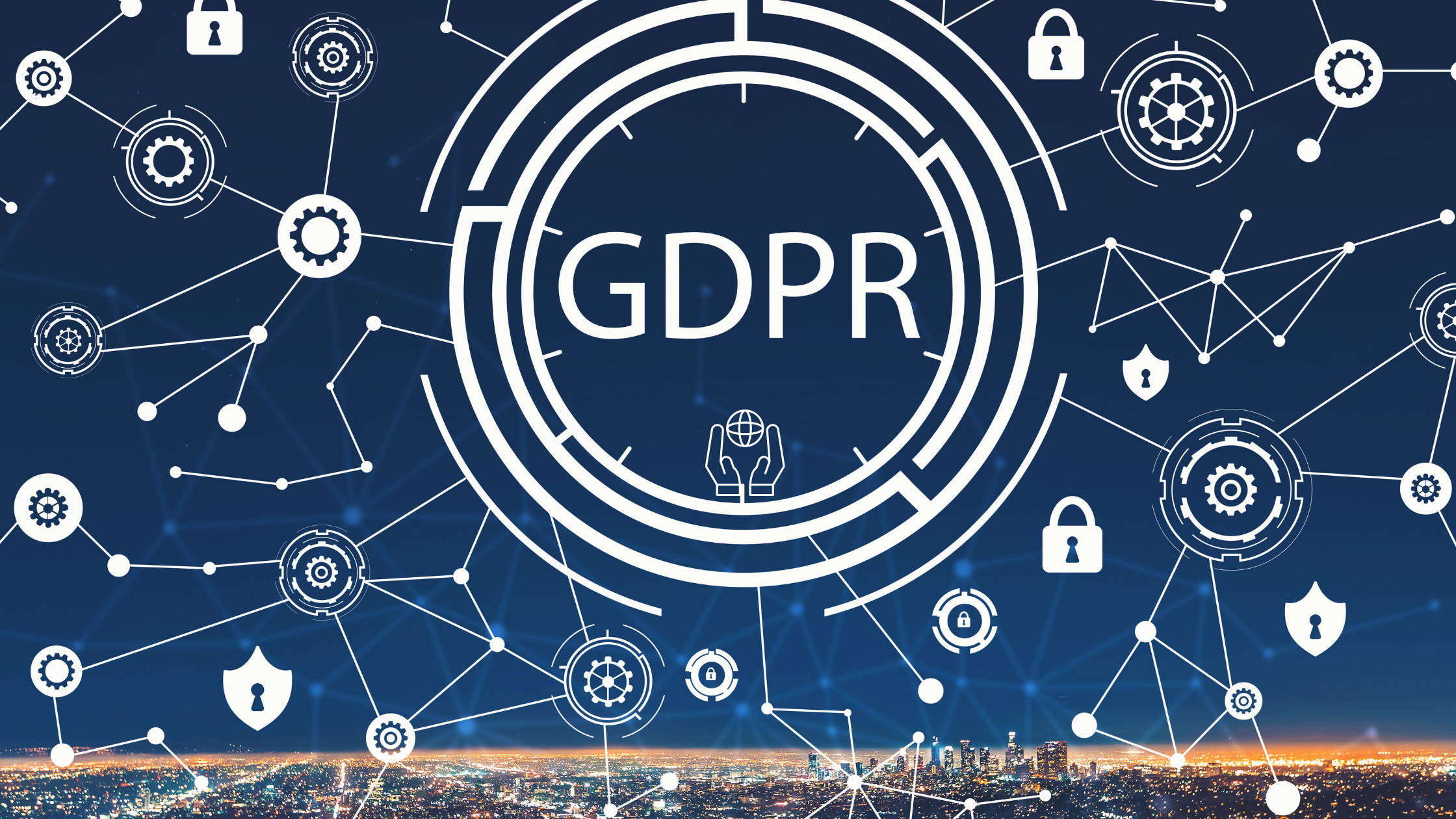The Business Benefits of Data Protection and GDPR Compliance
In the digital age, data is one of the most valuable assets a business can possess. However, with the increasing volume of data being generated, stored, and processed, the risks associated with data breaches and misuse have also grown. This is where robust data protection measures and compliance with regulations like the General Data Protection Regulation (GDPR) come into play. Not only do these practices help in safeguarding sensitive information, but they also offer numerous business benefits. In this blog, we will explore the key advantages of data protection and GDPR compliance, and why engaging a GDPR consultant and investing in compliance services can be a strategic move for your organization.
Understanding GDPR and Its Importance
The GDPR is a comprehensive data protection regulation implemented by the European Union (EU) that came into effect on May 25, 2018. It aims to enhance the protection of personal data of EU citizens and residents, and to harmonize data protection laws across Europe. The regulation imposes strict rules on how personal data should be collected, stored, processed, and shared, and it grants individuals greater control over their personal information.
Non-compliance with GDPR can result in severe penalties, including fines of up to €20 million or 4% of the company’s annual global turnover, whichever is higher. Therefore, understanding and adhering to GDPR is crucial for any business that handles the personal data of EU individuals.
Business Benefits of Data Protection and GDPR Compliance
- Enhanced Data Security
One of the most significant benefits of data protection and GDPR compliance is enhanced data security. By implementing robust data protection measures, businesses can safeguard sensitive information from unauthorized access, breaches, and cyberattacks. This not only protects the privacy of individuals but also helps in maintaining the integrity and confidentiality of business-critical data.
2. Building Trust and Reputation
In today’s digital world, consumers are increasingly concerned about how their data is being used and protected. By complying with GDPR and demonstrating a commitment to data protection, businesses can build trust with their customers. This trust can translate into a stronger reputation and increased customer loyalty, as individuals are more likely to engage with companies they believe will protect their personal information.
3. Competitive Advantage
GDPR compliance can serve as a competitive advantage for businesses. Companies that prioritize data protection and comply with regulations can differentiate themselves from competitors who may not be as diligent. This can be particularly important in industries where data security is a critical concern for customers, such as finance, healthcare, and e-commerce.
4. Avoiding Legal and Financial Penalties
Non-compliance with GDPR can result in hefty fines and legal consequences. By ensuring compliance, businesses can avoid these financial penalties and the associated legal costs. This not only protects the company’s bottom line but also mitigates the risk of costly legal battles and reputational damage.
5. Improved Data Management
GDPR requires businesses to have a clear understanding of the data they collect and process. This necessitates the implementation of effective data management practices, including data inventory, classification, and regular audits. As a result, businesses can achieve better data accuracy, reduce data redundancy, and streamline their data management processes.
6. Enhanced Operational Efficiency
Complying with GDPR often involves implementing standardized data protection policies and procedures. This can lead to improved operational efficiency, as employees are provided with clear guidelines on how to handle personal data. Moreover, automated data protection tools and technologies can further enhance efficiency by reducing the manual effort required for data management and compliance tasks.
7. Strengthened Business Relationships
In the B2B context, data protection and GDPR compliance can strengthen business relationships. Many organizations now require their partners and vendors to comply with GDPR as part of their contractual agreements. By demonstrating compliance, businesses can build stronger, more trustworthy relationships with their partners, suppliers, and clients.
8. Future-Proofing Against Evolving Regulations
Data protection regulations are continually evolving. By investing in GDPR compliance now, businesses can future-proof themselves against potential changes in the regulatory landscape. This proactive approach ensures that companies are well-prepared to adapt to new regulations and avoid the scramble to achieve compliance at the last minute.
The Role of a GDPR Consultant
Navigating the complexities of GDPR compliance can be challenging, especially for businesses that lack the necessary expertise in data protection. This is where a GDPR consultant can be invaluable. A GDPR consultant is a professional who specializes in helping businesses understand and comply with GDPR requirements. They can provide a range of services, including:
- Risk Assessments: Identifying potential risks and vulnerabilities in your data protection practices.
- Gap Analysis: Assessing your current compliance status and identifying areas that need improvement.
- Implementation Support: Assisting with the implementation of GDPR-compliant policies, procedures, and technologies.
- Training and Awareness: Providing training to employees on GDPR requirements and best practices for data protection.
- Ongoing Compliance Monitoring: Regularly monitoring and auditing your data protection practices to ensure ongoing compliance.
By engaging a GDPR consultant, businesses can benefit from expert guidance and support, ensuring that they achieve and maintain compliance with GDPR.
Compliance Services: A Strategic Investment
Investing in compliance services is a strategic move for businesses looking to enhance their data protection practices and achieve GDPR compliance. Compliance services can include a range of solutions, such as:
- Data Protection Software: Tools for data inventory, classification, encryption, and monitoring.
- Policy Development: Assistance with developing and implementing data protection policies and procedures.
- Audit Services: Regular audits to assess compliance status and identify areas for improvement.
- Incident Response: Support for managing and responding to data breaches and security incidents.
By leveraging compliance services, businesses can ensure that they have the necessary infrastructure and expertise to protect their data and comply with regulations like GDPR.
Conclusion
Data protection and GDPR compliance offer numerous business benefits, from enhanced security and operational efficiency to improved trust and competitive advantage. By prioritizing data protection and leveraging the expertise of GDPR consultants and compliance services, businesses can safeguard their sensitive information, build stronger relationships with customers and partners, and avoid the legal and financial penalties associated with non-compliance. In the digital age, investing in data protection and compliance is not just a regulatory requirement—it’s a strategic imperative for business success.








